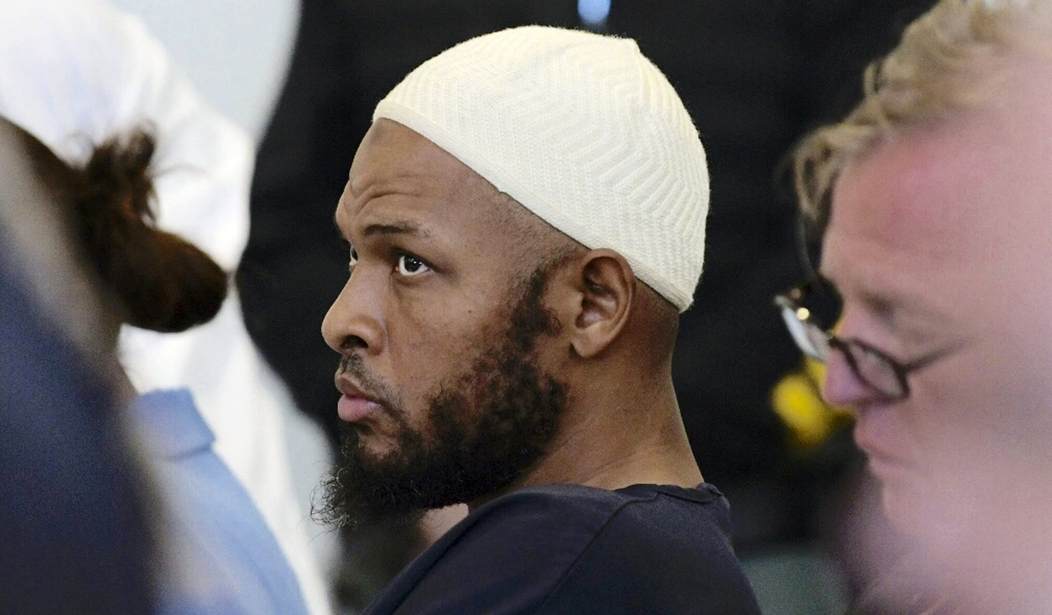WASHINGTON – The House on Thursday approved the Financial Choice Act to reverse course on many key provisions included in the Obama administration’s Wall Street reform policies enacted in response to the 2008 financial crisis.
One key reversal to the Dodd-Frank Wall Street Reform and Consumer Protection Act is the proposal to repeal orderly liquidation authority measures and replace them with a Chapter 14 bankruptcy option. Orderly liquidation allows for rapid liquidation of major financial institutions.
Through Dodd-Frank’s repeal, Republicans have vowed to end the era of “too big to fail” and federal government bailouts. A separate bill is under review in the Senate, where Democrats have vowed to unite in opposition against what they have been calling the “Wrong Choice Act” or “Bad Choice Act.”
The House approved the bill in a 233-186 vote on Thursday. Republicans in the Senate do not currently have the 60 votes needed to advance many of the changes included in the legislation. Senate Majority Leader Mitch McConnell (R-Ky.) has expressed skepticism about passing a Dodd-Frank repeal in the upper chamber.
House Democratic Leader Nancy Pelosi (D-Calif.) said on Thursday that Dodd-Frank’s repeal would drag the U.S. back into the days of the Great Recession, when an “an unchecked recklessness on Wall Street ignited a financial meltdown.”
“These are not the choices of the American people – they are wrong choices. But, they are the choices of the Republican Party that puts Wall Street first,” she said.
The Financial Choice Act’s author, Financial Services Committee Chairman Jeb Hensarling (R-Texas), has blamed Dodd-Frank for helping spur the “slowest economic recovery since World War II.” He has also touted the legislation’s crackdown on financial fraud and insider trading and relief from “growth-strangling regulations” for the banking sector.
“All of the promises of Dodd-Frank were broken,” Hensarling said on the House floor Thursday. “They promised us it would lift the economy, Mr. Chairman, but instead we are still stymied in the weakest, slowest recovery in the post-war era. They promised that it would end too-big-to-fail, but instead it cynically codified too-big-to-fail banks and backed it up with a taxpayer bailout fund.”
Hensarling’s office on Thursday suggested that the Financial Choice Act would reduce the national deficit by $33.6 billion over 10 years. They also highlighted the bill’s relief for community banks and credit unions, which did not contribute to the 2008 crisis but have been hamstrung by Obama’s banking regulations.
Rep. Jeff Merkley (D-Ore.) said Thursday that if Dodd-Frank’s repeal is approved in the Senate, Americans can expect a sequel to the Great Recession because Obama’s financial policies restored common sense to an unruly Wall Street that wreaked havoc on American families.
Merkley noted the bill’s impact on the Consumer Financial Protection Bureau. The Choice Act would effectively dismantle CFPB, an agency that was tasked with policing deceitful financial practices in the aftermath of the Great Recession. CFPB has secured about $12 billion from financial institutions for 29 million consumers since opening in July 2011, and has been a particularly useful resource for veterans, who are common targets. In 2014, CFPB helped secure $60 million for nearly 80,000 armed service members after it was determined that Sallie Mae entity Navient Corp. had been charging excess interest on student loans since 2005.
“The Dodd-Frank Act ensured that our financial system works for, rather than preys on, American families and Main Street businesses,” Merkley said in a statement. “Congress should be fighting to give working people a chance to get ahead, not putting their homes, jobs, and retirement savings at risk once again.”









Join the conversation as a VIP Member